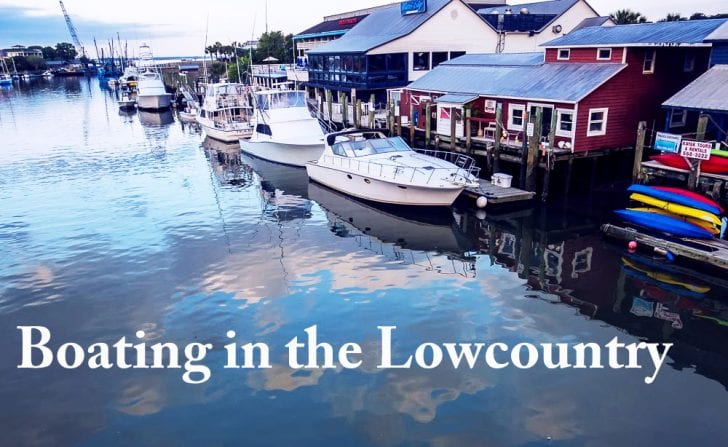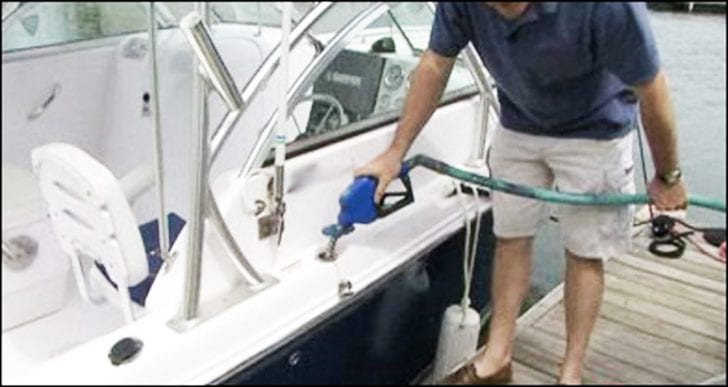Ethanol blended fuels are becoming more popular. As a matter of fact, the administration is currently pushing the use of 15% ethanol fuels, E15.
When ethanol fuels up to 10% became the norm, non-ethanol fuel became hard to find. Marine engines and fuel systems were originally not designed for the damage created by any ethanol.
Marine manufacturers have finally found ways to allow E10 fuel
Marine manufacturers have finally found ways to allow E10 fuel.
However, it is always best to try to find non-ethanol fuel for your boat if possible, particularly if you have an older boat that has not been brought up to ethanol resistant standards.
If not, use a good fuel stabilizer designed for E10 use, particularly if your fuel will remain in the system for a long period of time.
Ethanol blended fuels have a tendency for phase separation over a long period of time. This makes the use of a good fuel additive imperative prior to winter lay-up.
With the administration’s push to E15 fuels, boaters need to be more cognizant of the fuel used.
The Boater’s United advocacy group recently stated “Small engines – like those in your boats, lawn mowers, and motorcycles – can only use fuel with 10% ethanol (E10) or lower.
Fuels with a higher ethanol content cause severe damage to smaller engines
Fuels with a higher ethanol content cause severe damage to smaller engines, putting you and your boat at risk. Expanding E15 sales before consumer protections are in place is reckless.
Fortunately, there’s a solution in Congress called The Consumer Protection and Fuel Transparency Act.”
This bill will protect consumers through education and labeling on fuel pumps which will warn consumers of the dangers of E15 and remind them to check their owner’s manual for proper fuel requirements.
Tell Congress and the administration to put consumers first, stop the expansion of E15 sales, and support the Consumer Protection and Fuel Transparency Act.
At the very least, continue to support gas stations that still supply non-ethanol marine fuel.
You can find these stations by visiting www.pure-gas.org and always make sure that your marina or dry stack supplies non-ethanol or at most, E10 fuel.
If you have any questions about fuels and additives for your marine engine, consult your owner’s manual or give us a call at Duncan’s Boats. We would be happy to advise.
Jim Duncan / Duncan’s Boats
www.duncansboats.com
843-744-2628



